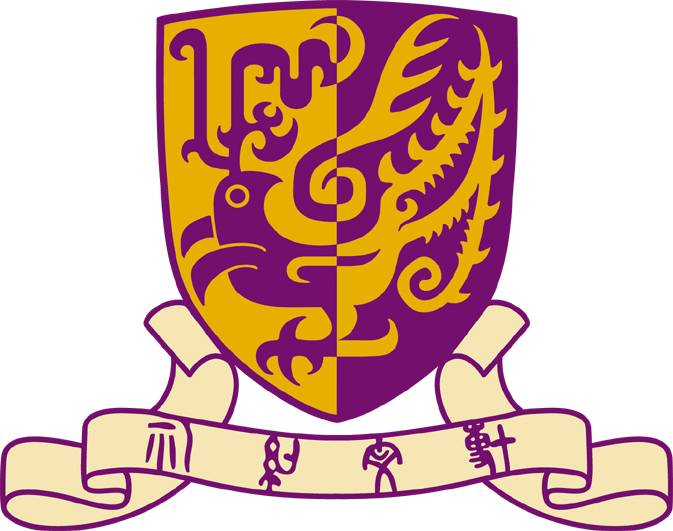What is Anthropology?
Anthropology is the study of humanity, the distinctive feature of which is culture. Culture may be thought of as a process by which humans make and re-create meaning through the deployment of symbols and symbolic practices. Since culture is constituted by everyday practices that confer meaning, cultural diversity exists because people around the world in varying environments create different social, political, economic, and religious systems, in turn imbuing them with different symbolic meanings. Cultural variation – or, deviance –exists exactly because of the unique human ability to ascribe different meanings to what could otherwise seem to be everyday humdrum activities.
Hence, it is not just that humans partake of social, political, economic, and religious activities across the world; anthropology’s concern is how they do so in their great variety and hence account for the fascinating richness of human cultural systems. Anthropologists study the similarity and diversity of these cultural systems to find out the nature of human existence.
Anthropology in Hong Kong
Many people think of anthropology as the study of “ancient traditions” and “exotic tribes”. This is an anachronistic caricature of what anthropology once was. Owing to rapid global developments, especially within the past half-century, most anthropologists today study modern industrial societies and contemporary social issues.
Anthropologists in Hong Kong study contemporary issues such as:
- Senses of life after death in the U.S., Japan, and China today
- Chinese urbanization and the rise of its funerary industry
- The intimate relations between asylum-seekers and refugees and the local population in Hong Kong
- Coastal resource development, social transformation, and community resilience in Lau Fau Shan, New Territories
- Scent and the practices of incense in Japan and mainland China
- Filipino domestic workers in Hong Kong and their motivations to be beauty queens
- Female migrant workers in China and their dreams of home acquisition for sons
- The independent music communities in Hong Kong and Taiwan and their non-accumulative aspirations
- Why Western-style psychotherapy is becoming popular in mainland China
- Ayurvedic commodities and healthy eating in North India
- Alternative medicine and nationalist discourse
- Cultural belonging among Indians in Hong Kong
- Religious endowment in urban space in India and Hong Kong
- The relationship between religious and civic infrastructures in Indian cities
- Why cultural heritage is meaningful to Hong Kong people
- How metal technology developed in ancient China
- Chinese economic and social development during the Bronze Age and Han Empire
Even as anthropology is wide in its topical coverage, its emphasis on ground-level research allows it to produce deep understandings about the social world. Its potency as a way of knowing is a result of its commitment to methodological and theoretical rigor, as well as its comparative cross-cultural orientation.
To understand the different aspects of cultural life, anthropologists use a holistic viewpoint and systematic research methods. We use both qualitative and quantitative methods of social science. But most importantly, we try to understand the views of people themselves. We put emphasis on interaction with people: being immediately amongst them, observing and talking with them about what they do, and why. For cultures that do not exist today, we use archaeological methods.
Because of its reliance on ethnographic and archaeological evidence, anthropology may be thought of as an empirical human science, a mode of knowing that derives its credibility from the verifiable and corroborative nature of its claims. Indeed, the evidentiary basis on which anthropological knowledge proceeds highlights it as a practice infused with public and democratic potential.

